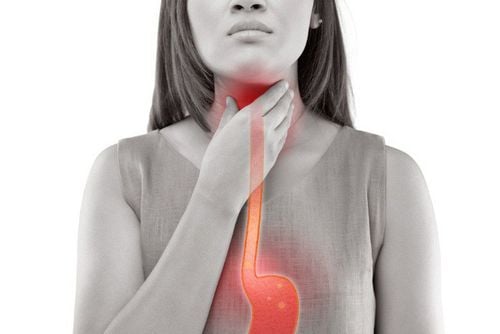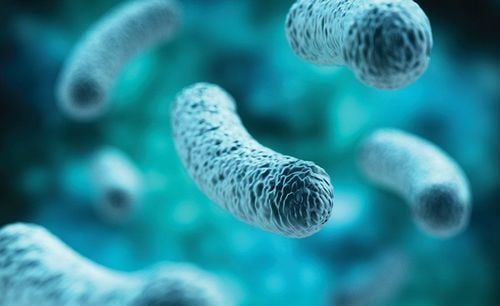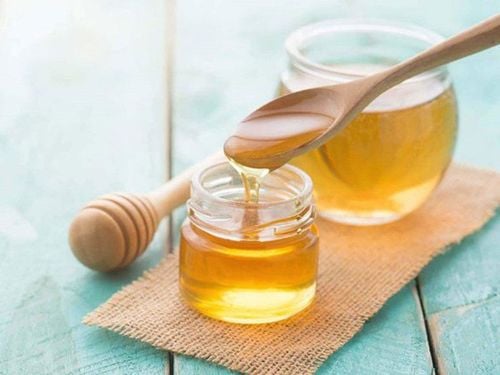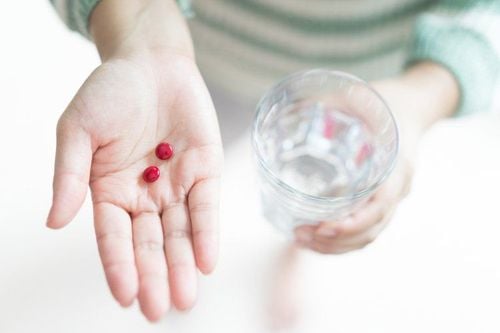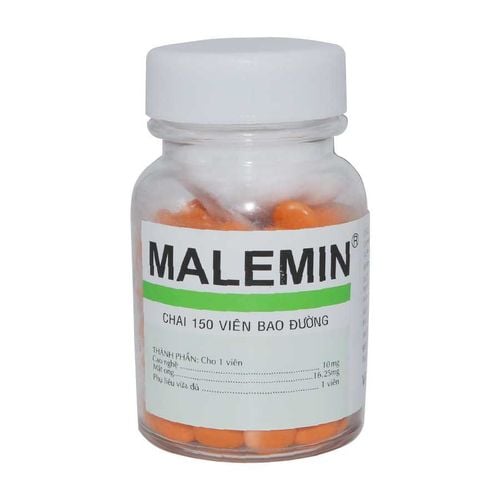This is an automatically translated article.
Honey and milk are two types of products that bring many benefits to human health. So when mixing honey with milk, can they bring benefits or harm to health?
1. What is honey?
Honey is a product made by bees in the process of finding nectar. It is commonly used as a sweetener in foods and can also be used as a medicine.
Honey can be contaminated with germs from plants, bees and dirt in the process of bees searching for honey. However, honey has properties that prevent the growth of germs. In fact, some bacteria reproduce by spores that are potentially toxic and can survive in bile. This explains why poisoning has been reported in infants taking honey. To solve this problem, honey needs to be irradiated to inactivate bacterial spores.
2. Uses of honey
Honey is used to treat coughs, diabetes, high cholesterol, pain relief, asthma and flower allergies. It is also used for diarrhea, mouth ulcers caused by cancer treatment, and stomach ulcers caused by infection with the bacteria Helicobacter pylori (H. pylori). Honey is also used as an energy product during intense exercise and for malnourished people. It can also be used orally for wound healing and pain after tonsillectomy.
In addition to oral administration, the use of honey is also shown in other ways such as:
Apply honey directly to the skin to treat acne, dry eyes, heal wounds, burns, diabetic foot ulcers , necrosis and many other uses. Honey is used as a nasal spray for hay fever and sinus problems. Honey is applied vaginally to improve fertility. In foods, honey is used as a sweetener. In manufacturing, honey is used as a flavoring and moisturizer in soaps and cosmetics.

Mật ong có rất nhiều công dụng với sức khoẻ của người dùng
3. What are the benefits of mixing honey with milk?
Improve sleep quality Drinking milk with honey has been scientifically proven to enhance sleep, making it easier to fall asleep and sleep more deeply. In fact, one study of 68 people with heart disease found that drinking a mixture of milk and honey twice daily for three days in a row improved sleep quality.
Additionally, honey and milk have also been shown to promote sleep when used individually. For example, one study showed that taking 10 grams (about 1/2 teaspoon of honey) 30 minutes before bedtime improved sleep quality and reduced nighttime coughing in 300 children with respiratory infections. . Similarly, a study in 421 older adults found that those who regularly drank milk or dairy products had less trouble sleeping.
Strong Bones Milk is an excellent source of calcium, an important nutrient for bones. Several studies have shown that drinking milk improves bone mineral density, limiting the risk of osteoporosis and fractures.
Mix honey with milk to help build stronger bones. In fact, research has shown that honey can protect bones due to its antioxidant and anti-inflammatory properties. Another review of 9 studies found that honey supplementation may reduce some of the negative effects associated with exercise during bone growth.
Promotes heart health Milk has been shown to increase levels of HDL (good) cholesterol, which helps clear plaque from the arteries reducing the risk of cardiovascular diseases. However, this is only true for whole milk, not for skim milk. Milk is also rich in potassium, an essential nutrient that helps lower blood pressure in people with high blood pressure. Meanwhile, other studies have shown that honey helps lower levels of triglycerides, total cholesterol, and LDL (bad) cholesterol - all of which are risk factors for cardiovascular disease. It may even reduce some markers of inflammation, which contribute to cardiovascular disease.
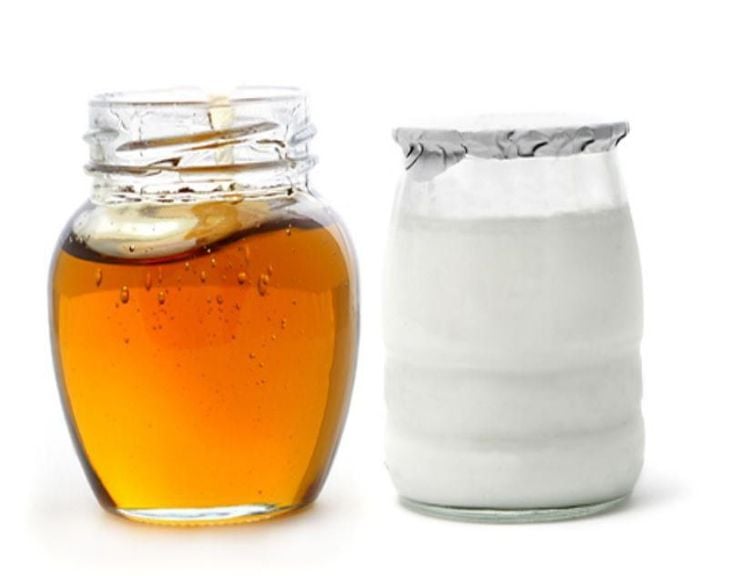
Trộn mật ong với sữa giúp tăng cường sức khoẻ của người sử dụng
4. What are the harmful effects of mixing honey with milk?
For starters, cow's milk may not be suitable if you are lactose intolerant, follow a dairy-free diet or have a milk allergy. Consuming dairy products can also increase the risk of skin conditions like acne, rosacea, and eczema.
Although honey has healthful properties, it is high in sugar and calories. Therefore, if you eat other foods high in sugar, it increases your risk of weight gain, cardiovascular disease, diabetes and liver problems. Honey is also not suitable for babies under 12 months of age, as it contains bacteria that cause infant botulism, which is potentially life-threatening.
Additionally, heating honey to high temperatures can increase the formation of hydroxymethylfurfural (HMF), a compound that causes both positive and negative health effects when consumed in large amounts. Therefore, you should control your intake and avoid heating it to high temperatures to maximize its potential benefits.
If you have a need for consultation and examination at the Hospitals of the National Health System, please book an appointment on the website for service.
References: healthline.com, webmd.com
Please dial HOTLINE for more information or register for an appointment HERE. Download MyVinmec app to make appointments faster and to manage your bookings easily.




